AO Edited
Heart Mountain Relocation Center
An unusual geological feature towers over the remains of a dark episode in United States history.
Heart Mountain was originally named by the Apsáalooke (or the Crow Nation in English) for resembling a buffalo heart. The limestone summit is almost 300 million years older than the rocks at the base, but geologists have found no explanation as to how this occured. The mountain is also one of the few recognizable features on the maps created by Lewis and Clark.
In August 1942, the United States government relocated over 13,000 Japanese-Americans from California to an internment camp named after the mountain, creating Wyoming’s third-largest city almost overnight.
Among the ten camps that were created during World War II, Heart Mountain has the most visible remains including the foundational grid of the site and several buildings. There is an interpretive center on the grounds which has exhibits, films, and artifacts about both the relocation and the histories of anti-Asian prejudice in the U.S.
The Nature Conservancy acquired the mountain itself, which has a unique local habitat including one of the greatest concentrations of rare plants ever discovered on private Wyoming property and a native elk herd. Visitors can hike the summit on the Heart Mountain Ranch Preserve trail.
Know Before You Go
The hike to the summit is eight miles and can be strenuous, dogs are not allowed, and bear spray is recommended.


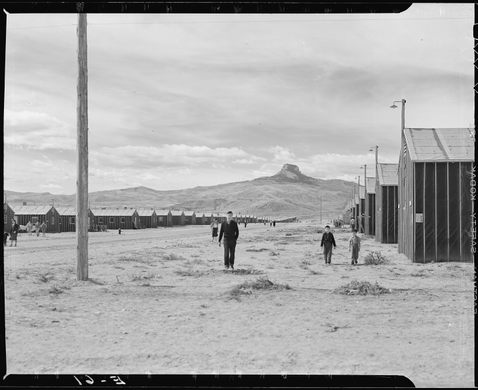


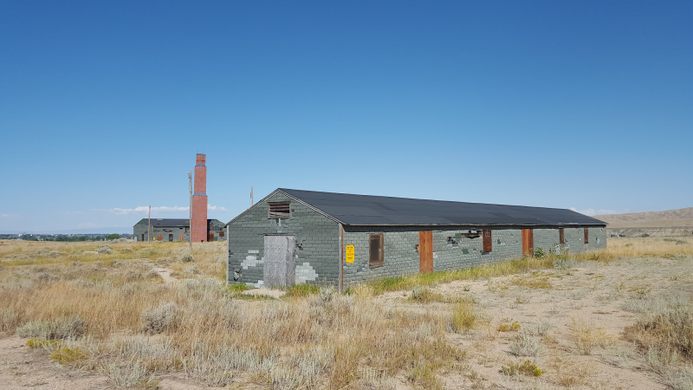











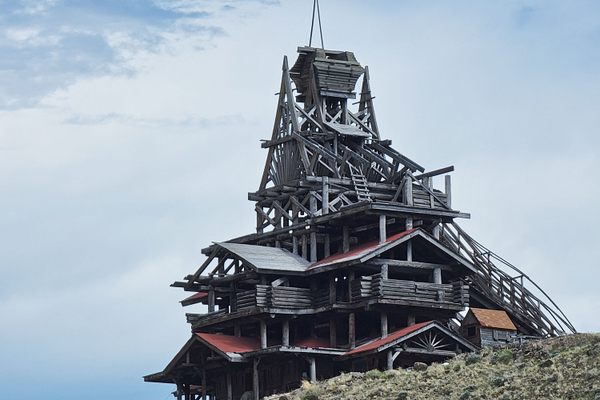
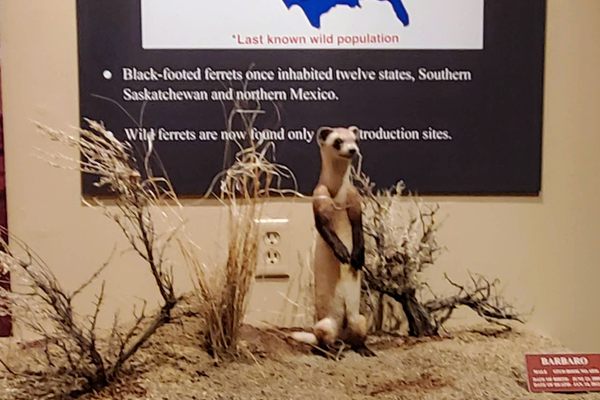
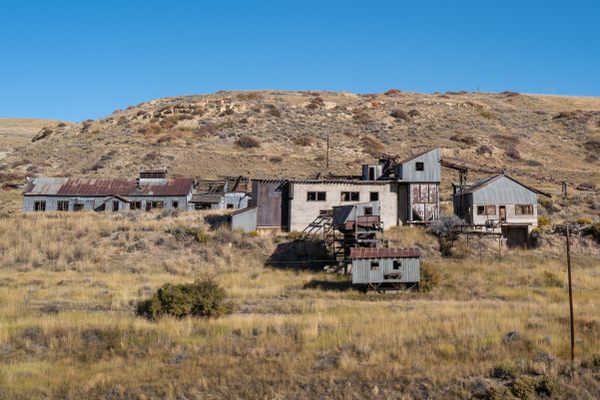
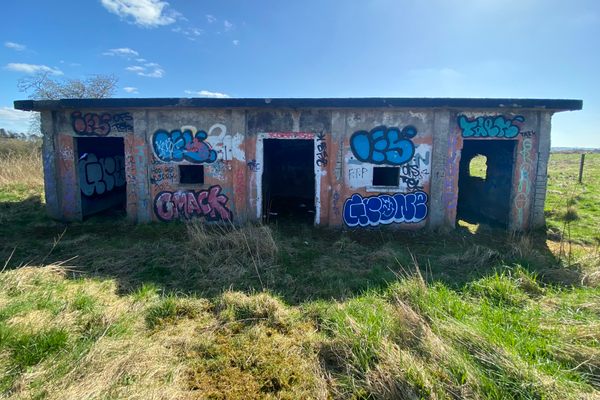

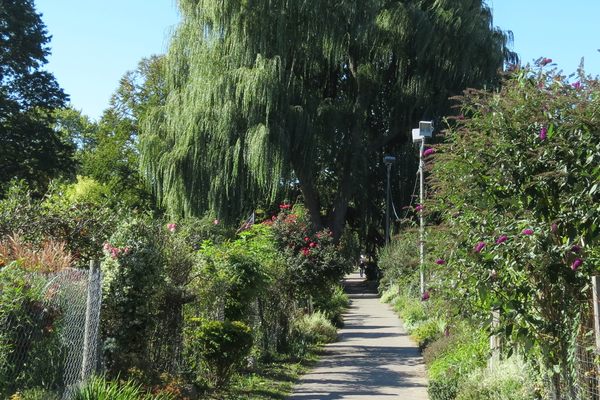


Follow us on Twitter to get the latest on the world's hidden wonders.
Like us on Facebook to get the latest on the world's hidden wonders.
Follow us on Twitter Like us on Facebook